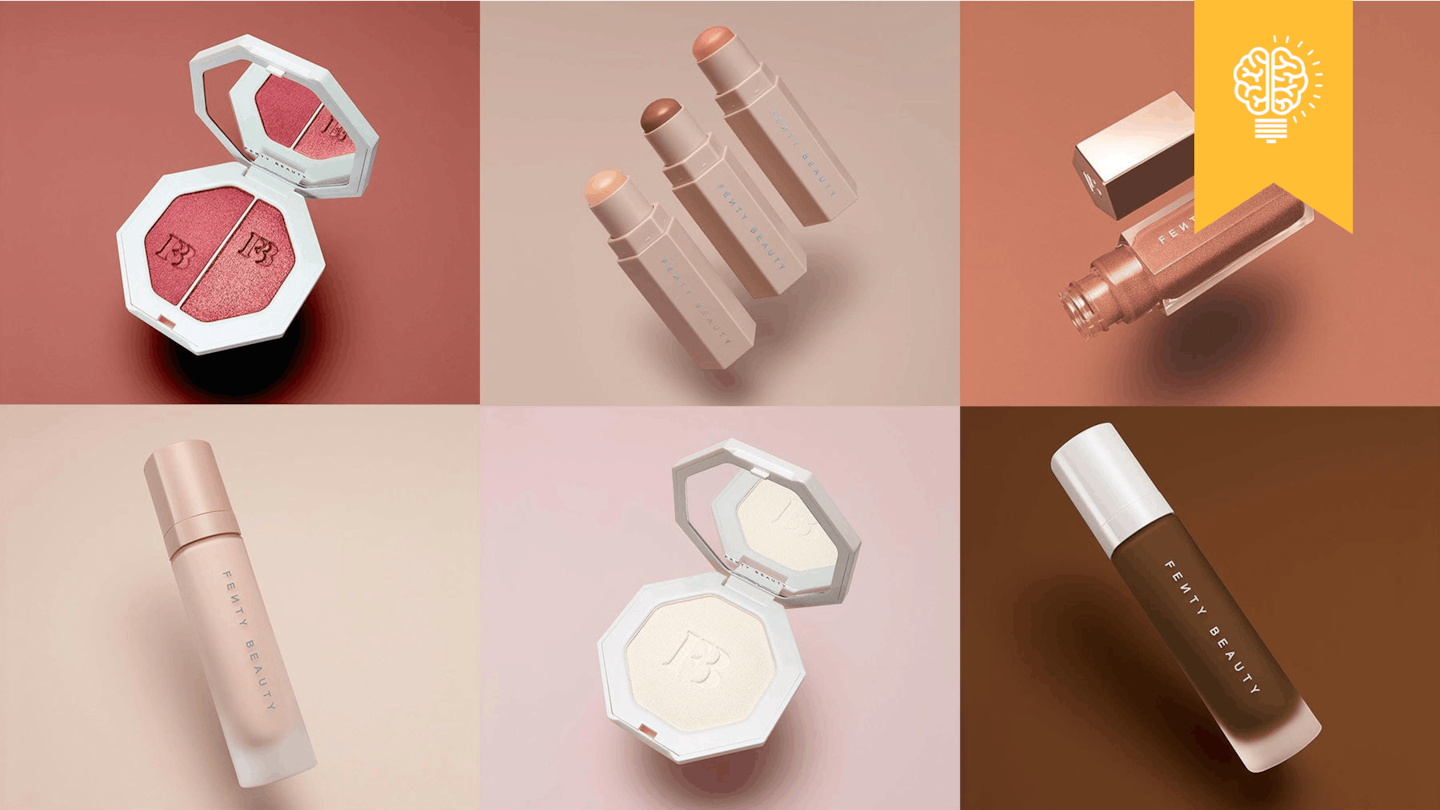
The Business of Fashion
Agenda-setting intelligence, analysis and advice for the global fashion community.

Agenda-setting intelligence, analysis and advice for the global fashion community.

GENEVA, Switzerland — The world of mass broadcast media has supported the rise of big brands that, almost by definition, had wide appeal. In contrast, today's digital media reality favours niche brands that speak the language of specific consumer segments. Furthermore, with much digital media bought and sold through blind auctions, the raw procurement advantage enjoyed by big brands in traditional media is less clear-cut. Add e-commerce with its limitless shelf space, absence of listing fees and direct-to-consumer business models, and we have a recipe for market fragmentation.
In the beauty market, giants like L'Oréal and Estée Lauder have risen to the challenge, acquiring and then globalising niche brands. L'Oréal has bought and developed Nyx and likely has similar internationalisation plans for It Cosmetics and CeraVe. Meanwhile, Estée Lauder is doing the same with Becca and Too Faced. But all this requires capital investment.
French luxury conglomerate LVMH — which owns historic houses, such as Parfums Christian Dior, Parfums Givenchy and Guerlain, as well as brands like Benefit Cosmetics, Fresh and Make Up For Ever — has so far stayed out of the fray. However, the group's success with the Fenty Beauty by Rihanna line, developed with Kendo, an incubator for beauty brands, may encourage LVMH to take the plunge with a full brand rollout model. If so, the conglomerate would have a significant advantage: Sephora.
Sephora, LVMH’s highly successful multi-brand cosmetics and fragrance play, is a powerful brand in its own right. What’s more, the business has enviable retail expertise and deep experience in assortment management and localisation. It also has a good track record when it comes to the commercial development of niche brands, including Estée Lauder’s Too Faced.
ADVERTISEMENT
In short, in Sephora, LVMH has the perfect platform with which to harness the power of niche brands without the need to invest capital to acquire them. Sephora effectively gives LVMH a laboratory in which to incubate, test and tweak new brands in a range of locations before expanding into other channels.
And the benefits flow both ways. With the fragmentation of the market playing into Sephora's raison d'être, the pace of expansion at Sephora itself seems set to accelerate, pushing it even further ahead of its competitors.
For LVMH, there are also two indirect, but no less important, benefits. First, a more powerful beauty and cosmetics presence would bring greater stability to the group’s business portfolio. Secondly, it could open up an even more profitable entry point to the middle class whose ranks are growing across the globe.
In short, LVMH looks poised to become a more meaningful player in beauty.
Luca Solca is the head of luxury goods at BNP Exane Paribas.
Disclosure: LVMH is part of a group of investors who, together, hold a minority interest in The Business of Fashion. All investors have signed shareholders’ documentation guaranteeing BoF’s complete editorial independence.
Related Articles:
[ Unpacking the Fenty FrenzyOpens in new window ]
[ Inside Sephora’s Branded Beauty StrategyOpens in new window ]
[ How to Build a Beauty Brand in the Digital AgeOpens in new window ]
Beauty labels hope to court the concert set, looking to Coachella, Stagecoach and Lollapalooza for both brand awareness and trendsetting.
Black founders carry a markedly higher burden when it comes to educating investors on the value and viability of their business ideas — but there is an art and science behind knowing when your brand is ready and what kind of investors will be the best fit.
Landing a retail partnership is often seen as a major milestone for beauty founders — but it brings a bevy of new challenges, from the logistical complexities to setting a marketing budget. Black entrepreneurs, who typically have far less capital to work with, often face tough choices.
The firm has been working on a listing since at least 2022, with previous attempts buffeted by volatile markets.